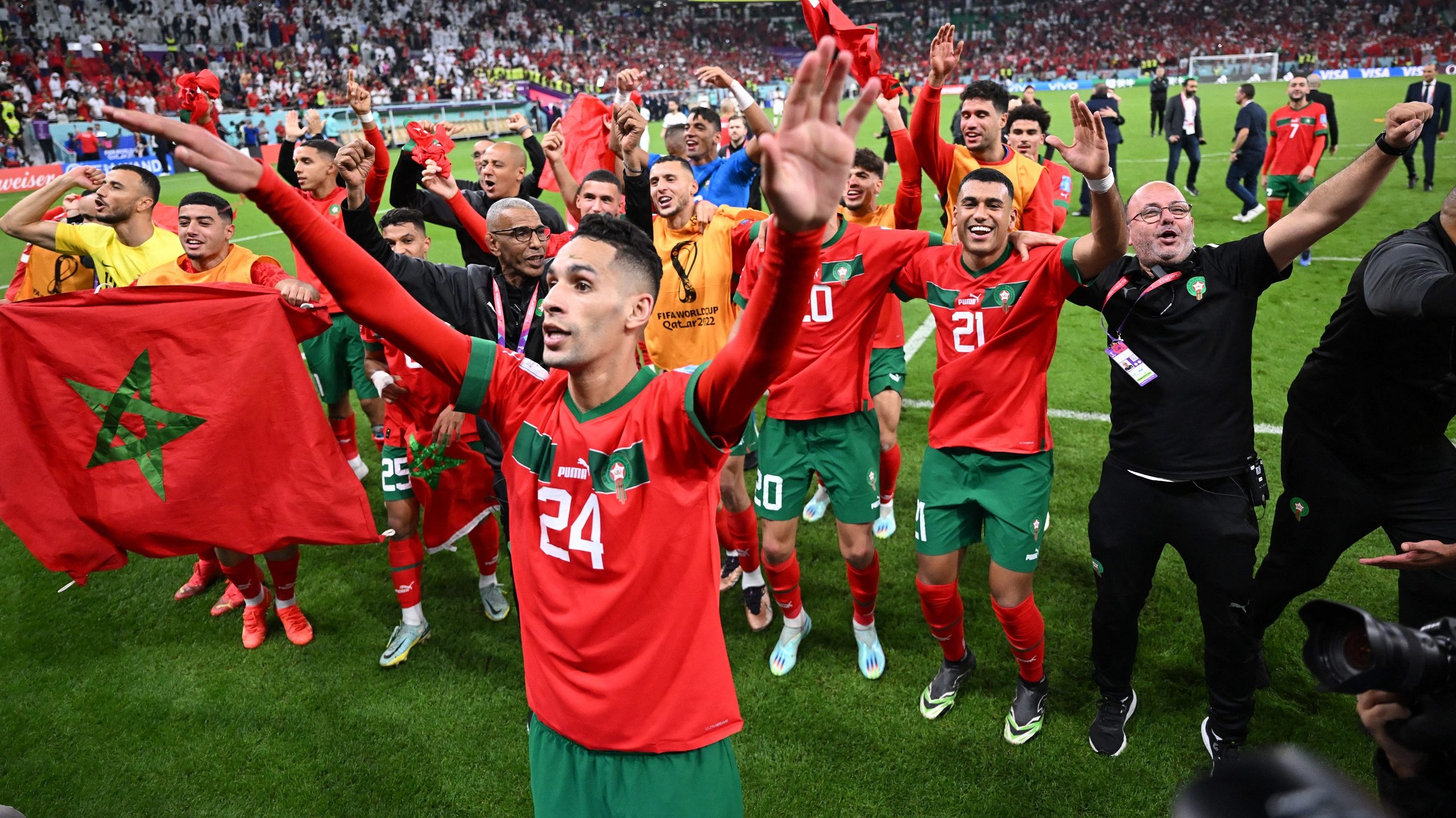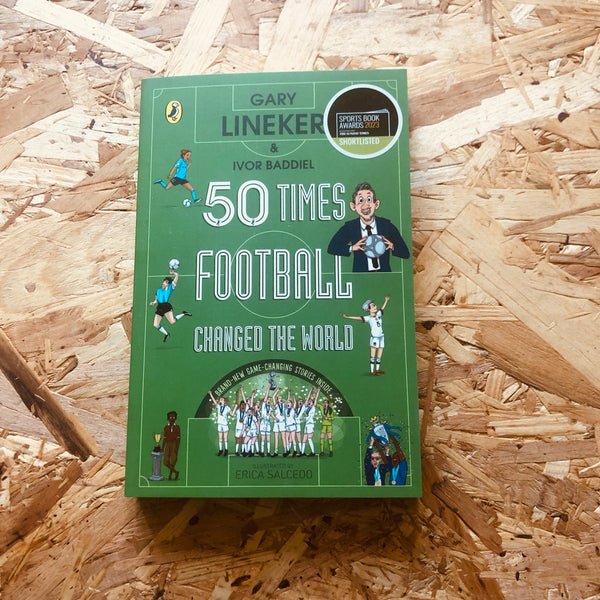“How Football Changed in Morocco: A Journey of Passion, Progress, and National Identity
Related Articles How Football Changed in Morocco: A Journey of Passion, Progress, and National Identity
How Football Changed in Morocco: A Journey of Passion, Progress, and National Identity

Football in Morocco is more than just a game; it’s a cultural phenomenon that reflects the nation’s history, aspirations, and evolving identity. From its early beginnings under colonial influence to its recent successes on the global stage, the beautiful game has undergone a remarkable transformation in Morocco, impacting society, politics, and the collective consciousness of its people.
The Seeds of Football: Colonialism and Early Beginnings
The introduction of football to Morocco can be traced back to the early 20th century during the French and Spanish colonial periods. European settlers, particularly the French, brought the game with them, establishing clubs and leagues primarily for their own communities. These early footballing activities were largely confined to urban centers like Casablanca, Rabat, and Tangier, with limited participation from the local Moroccan population.
Despite the colonial context, Moroccans gradually began to embrace the sport, forming their own teams and challenging the dominance of European clubs. These early Moroccan teams, often organized along ethnic or neighborhood lines, became symbols of resistance and national pride. They provided a platform for Moroccans to assert their identity and challenge the colonial order through sport.
Post-Independence: Football as a Unifying Force
Following Morocco’s independence in 1956, football emerged as a powerful unifying force for the newly independent nation. The establishment of the Royal Moroccan Football Federation (FRMF) and the Botola, the national football league, marked a new era for the sport. Football became a symbol of national unity, bringing together people from different regions, ethnicities, and social backgrounds.
The Moroccan national team, known as the Atlas Lions, quickly became a source of national pride and a symbol of Morocco’s aspirations on the international stage. The team’s successes in the Africa Cup of Nations and the FIFA World Cup brought immense joy and a sense of collective identity to the Moroccan people.
The Golden Generation and the 1986 World Cup
The 1980s witnessed the emergence of a "golden generation" of Moroccan footballers who captivated the nation with their skill, passion, and determination. Players like Badou Zaki, Aziz Bouderbala, and Mohamed Timoumi became household names, inspiring a generation of young Moroccans to pursue their footballing dreams.
The pinnacle of this golden era came in 1986 when Morocco qualified for the FIFA World Cup in Mexico. The Atlas Lions made history by becoming the first African team to reach the knockout stage of the World Cup, defeating Portugal in the group stage and earning the admiration of football fans around the world. This achievement not only put Moroccan football on the global map but also instilled a sense of pride and belief in the potential of African football.
Challenges and Setbacks: A Period of Transition
Despite the successes of the 1980s, Moroccan football experienced a period of challenges and setbacks in the following decades. The national team struggled to replicate its past achievements, and the domestic league faced issues related to infrastructure, governance, and financial stability.
The lack of investment in youth development and grassroots football also hindered the progress of the sport in Morocco. Many talented young players were unable to reach their full potential due to limited opportunities and inadequate training facilities.
The Royal Vision: A New Era of Development
In the late 2000s, a new vision for Moroccan football began to take shape under the leadership of King Mohammed VI. Recognizing the potential of football to contribute to the nation’s social and economic development, the King launched a series of initiatives aimed at transforming the sport from the grassroots level to the professional level.

One of the key initiatives was the establishment of the Mohammed VI Football Academy, a state-of-the-art training facility designed to nurture young talents and provide them with world-class coaching and education. The academy has produced a number of promising players who have gone on to represent Morocco at the national and international levels.
In addition to the academy, significant investments were made in improving football infrastructure across the country, including the construction of new stadiums and training facilities. The FRMF also implemented reforms to improve governance, transparency, and financial management in the domestic league.
The Fruits of Labor: Recent Successes and Achievements
The investments and reforms implemented in recent years have started to bear fruit, with Moroccan football experiencing a resurgence on both the domestic and international fronts. The Botola has become more competitive and professional, attracting talented players from across Africa and beyond.
The Moroccan national team has also enjoyed a period of success, qualifying for the FIFA World Cup in 2018 after a 20-year absence. The Atlas Lions performed admirably in Russia, narrowly missing out on a place in the knockout stage.
The crowning achievement of this new era came in 2022 when Morocco made history at the FIFA World Cup in Qatar. The Atlas Lions defied all expectations, defeating European powerhouses like Belgium, Spain, and Portugal to reach the semi-finals, becoming the first African team to ever reach that stage of the competition.
This historic achievement sparked scenes of jubilation across Morocco and the Arab world, with millions of people taking to the streets to celebrate their team’s remarkable success. The Atlas Lions’ performance in Qatar not only brought pride and joy to the Moroccan people but also shattered stereotypes about African football and inspired a new generation of players and fans.
Beyond the Field: Football’s Social and Economic Impact
The transformation of football in Morocco has had a significant impact beyond the field, contributing to the nation’s social and economic development. Football has become a powerful tool for promoting social inclusion, empowering youth, and fostering national unity.
The sport provides opportunities for young people from disadvantaged backgrounds to develop their skills, pursue their dreams, and improve their life chances. Football academies and grassroots programs offer education, training, and mentorship, helping young people to stay away from crime and drugs and become productive members of society.
Football also contributes to the Moroccan economy through tourism, job creation, and investment. The hosting of major football events, such as the FIFA Club World Cup, generates revenue for local businesses and promotes Morocco as a tourist destination.
Challenges and Future Prospects
Despite the remarkable progress made in recent years, Moroccan football still faces a number of challenges. These include the need to further improve infrastructure, governance, and financial sustainability in the domestic league.
There is also a need to invest more in youth development and grassroots football, ensuring that all talented young players have the opportunity to reach their full potential. In addition, efforts must be made to promote gender equality in football, encouraging more women and girls to participate in the sport.
Looking ahead, the future of Moroccan football looks bright. With continued investment, reforms, and a commitment to excellence, Morocco has the potential to become a major force in African and global football. The nation’s passion for the game, combined with its growing talent pool and improved infrastructure, provides a solid foundation for future success.
Conclusion
Football in Morocco has undergone a remarkable transformation over the past century, evolving from a colonial pastime to a symbol of national identity, pride, and aspiration. The journey has been marked by periods of triumph and tribulation, but the passion and love for the game have remained constant.
The recent successes of the Moroccan national team, particularly their historic run to the semi-finals of the 2022 FIFA World Cup, have reignited the nation’s passion for football and inspired a new generation of players and fans. With continued investment, reforms, and a commitment to excellence, Moroccan football is poised for even greater achievements in the years to come.

